How to Stay Fit and Healthy While Backpacking

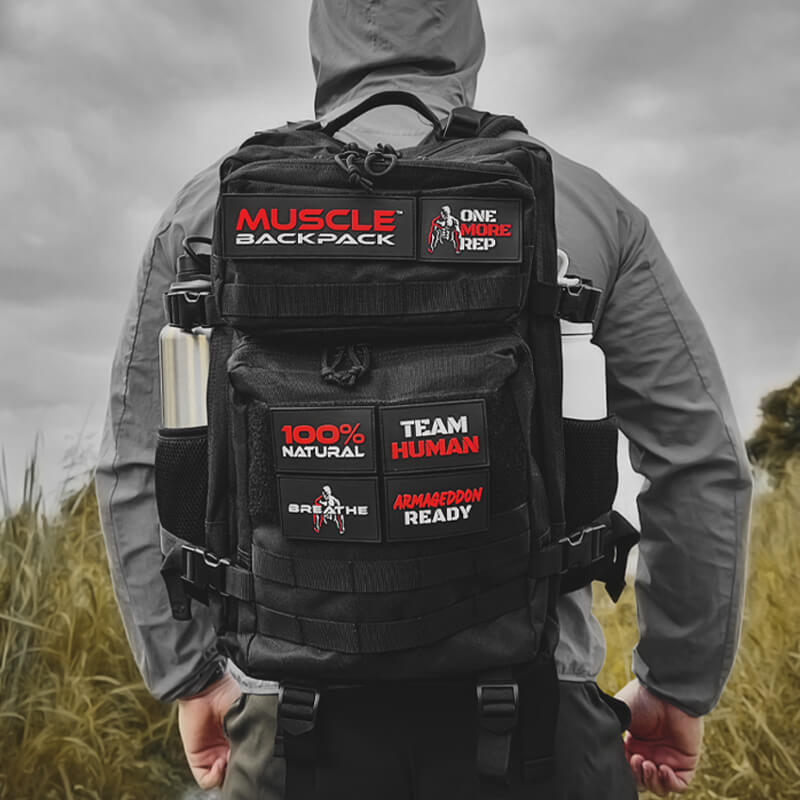
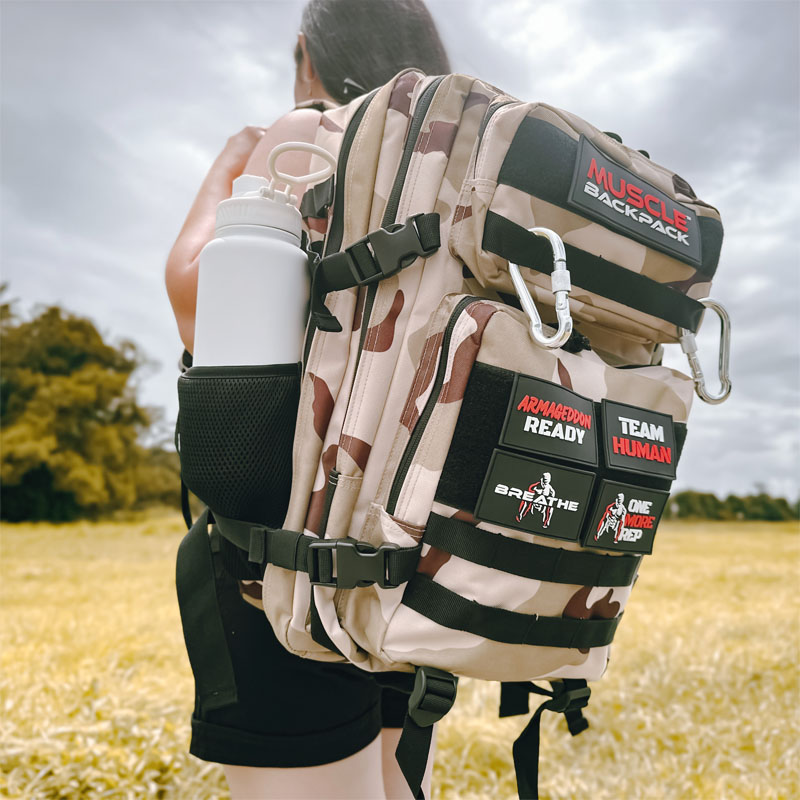
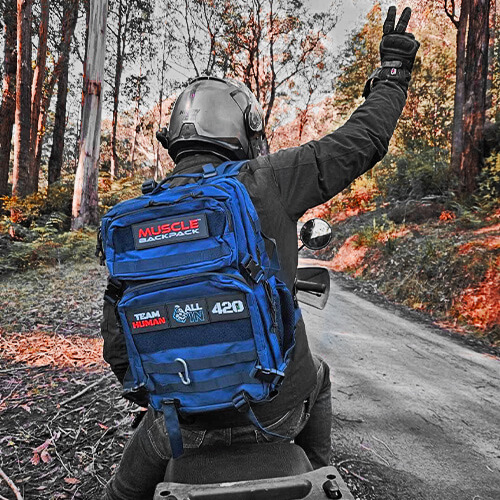
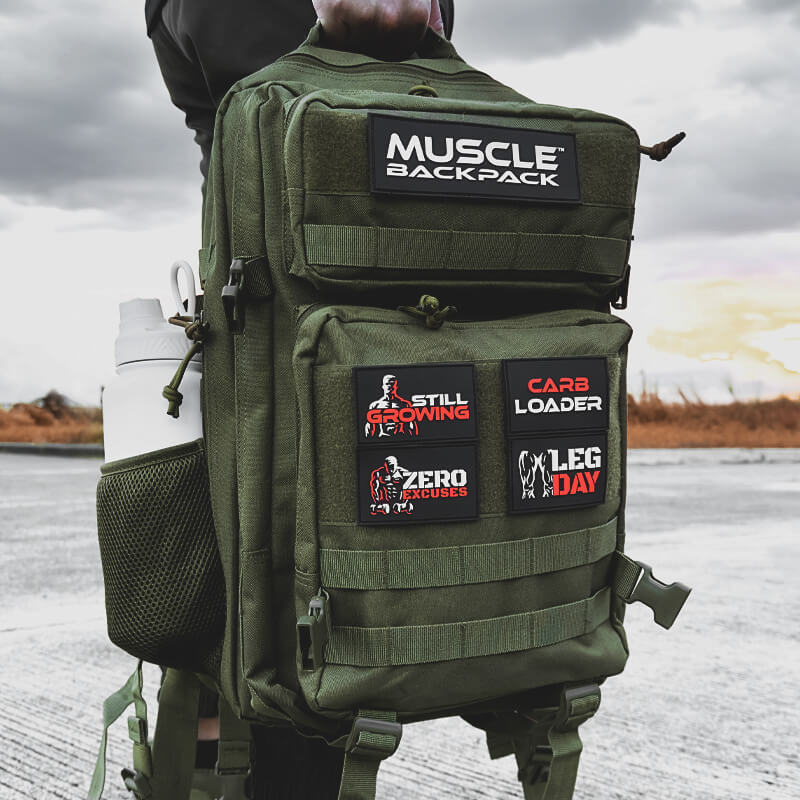
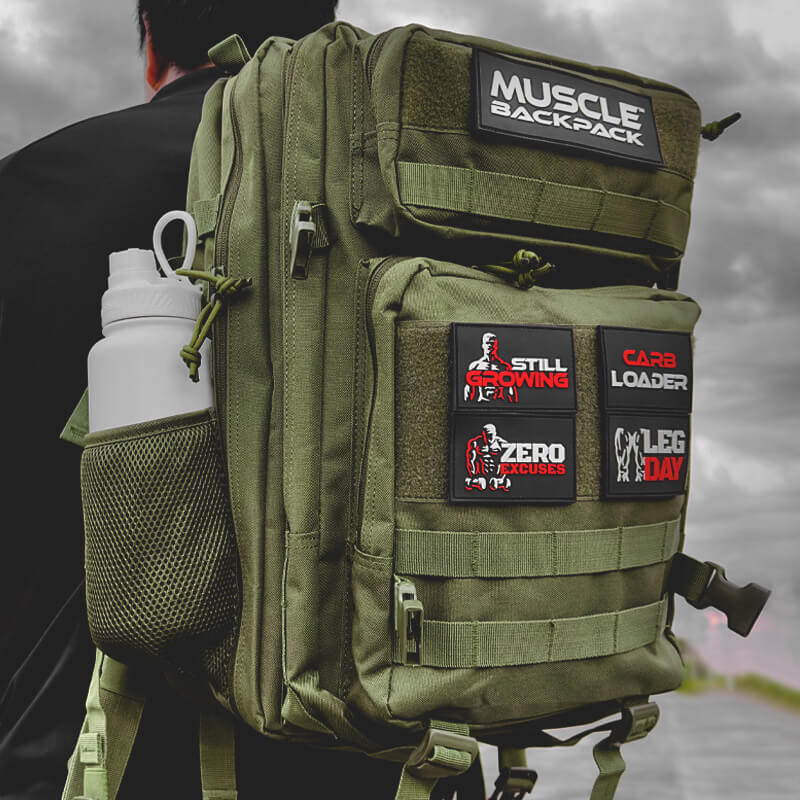
Backpacking through the wild landscapes of Australia, from the rugged Outback to the lush rainforests, is an exhilarating experience. However, maintaining fitness and health during long-term backpacking can be a significant challenge. Whether you’re a seasoned trekker or a novice adventurer, staying fit and healthy on the move is crucial to making the most of your journey. This blog will explore the importance of staying fit and healthy during long-term backpacking, provide practical tips and strategies, and introduce you to the Muscle Backpack—a durable, water-resistant, and highly functional backpack designed to support your adventure.
The Importance of Staying Fit and Healthy During Long-Term Backpacking
Long-term backpacking is not just a physical challenge; it’s a test of your overall well-being. Maintaining your fitness and health ensures that you have the energy and endurance to explore breathtaking landscapes and tackle tough terrains. It also helps prevent injuries, enhances your mental clarity, and keeps your immune system robust, which is essential when you’re far from medical facilities. Moreover, staying fit and healthy can make your backpacking experience more enjoyable and fulfilling.
Overview of Challenges and Solutions
When backpacking for extended periods, you face unique challenges such as limited access to gyms, nutritious food, and comfortable sleeping arrangements. However, with some creativity and planning, you can overcome these obstacles. By incorporating bodyweight exercises, utilising natural surroundings, carrying portable fitness equipment, consuming a balanced diet, staying hydrated, and practising mindfulness, you can maintain your fitness and health on the go.
Tips and Strategies for Maintaining Fitness and Health
Workout Routines
Maintaining a regular workout routine is essential for staying fit during long-term backpacking. Here are some effective strategies:
Bodyweight Exercises: You don’t need a gym to stay fit. Bodyweight exercises such as squats, lunges, and push-ups can be done anywhere and are highly effective in building strength and endurance. Squats and lunges target your lower body, which is crucial for those long hikes, while push-ups strengthen your upper body and core.
Utilising Natural Surroundings: Nature offers a plethora of opportunities to stay active. Use tree branches for pull-ups to work on your upper body strength. Rocks can serve as weights for lifting or step-ups, adding resistance to your workout. Hills and uneven terrains are perfect for cardio exercises like hill sprints and hiking.
Portable Fitness Equipment: Carrying lightweight and versatile fitness equipment like resistance bands and jump ropes can add variety to your workouts. Resistance bands are excellent for strength training, while jump ropes provide a great cardiovascular workout.

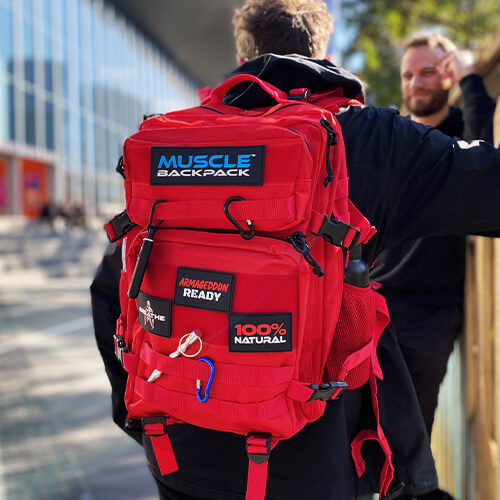


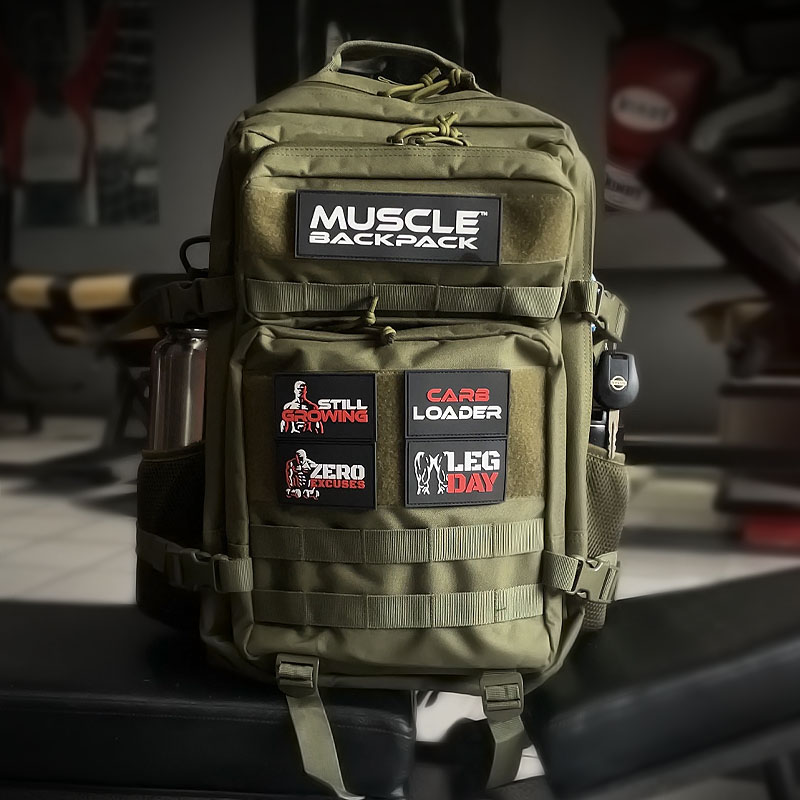

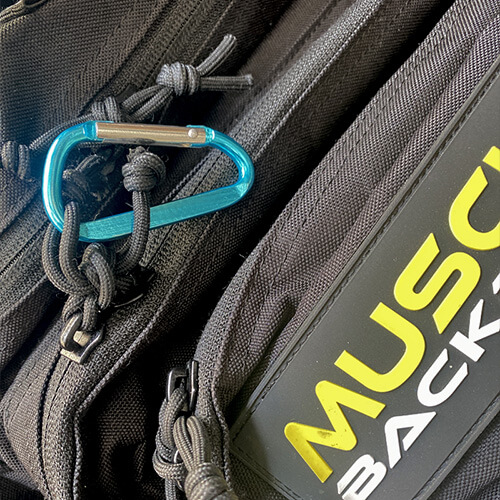
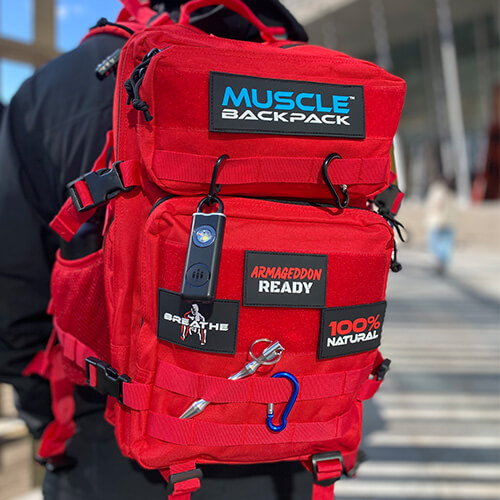
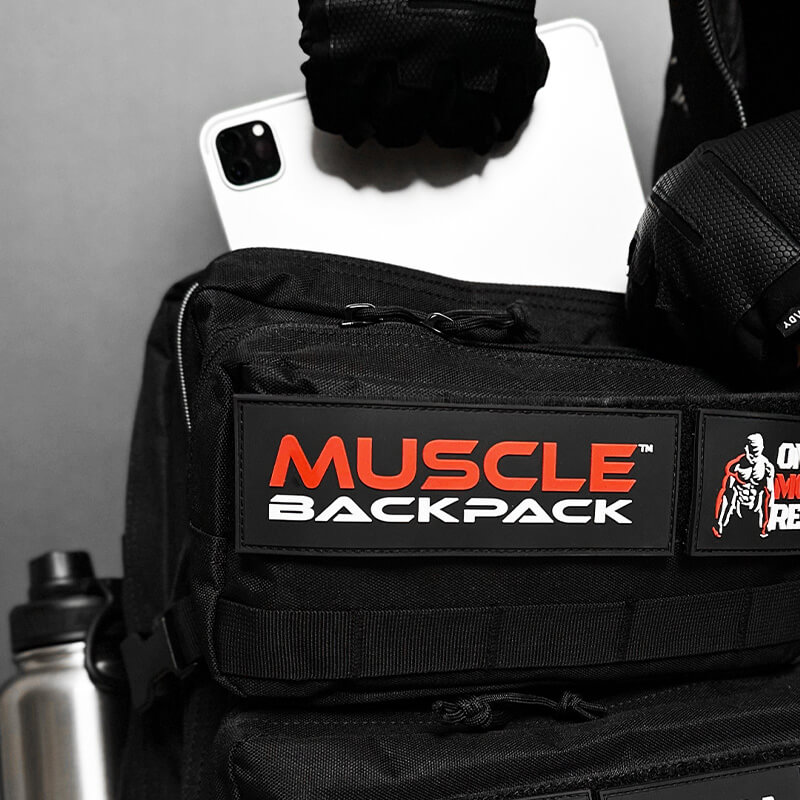

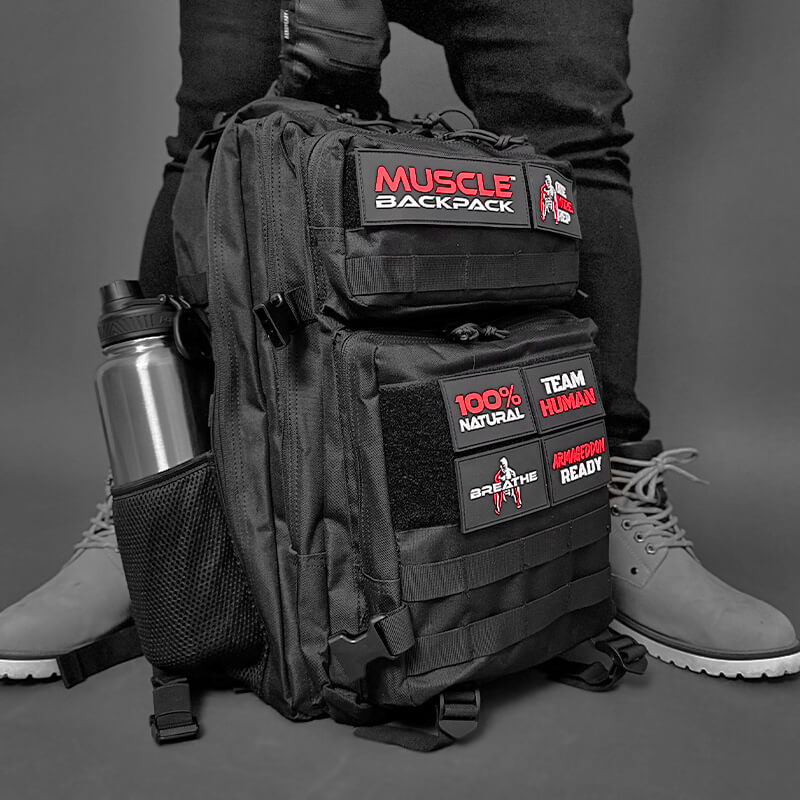
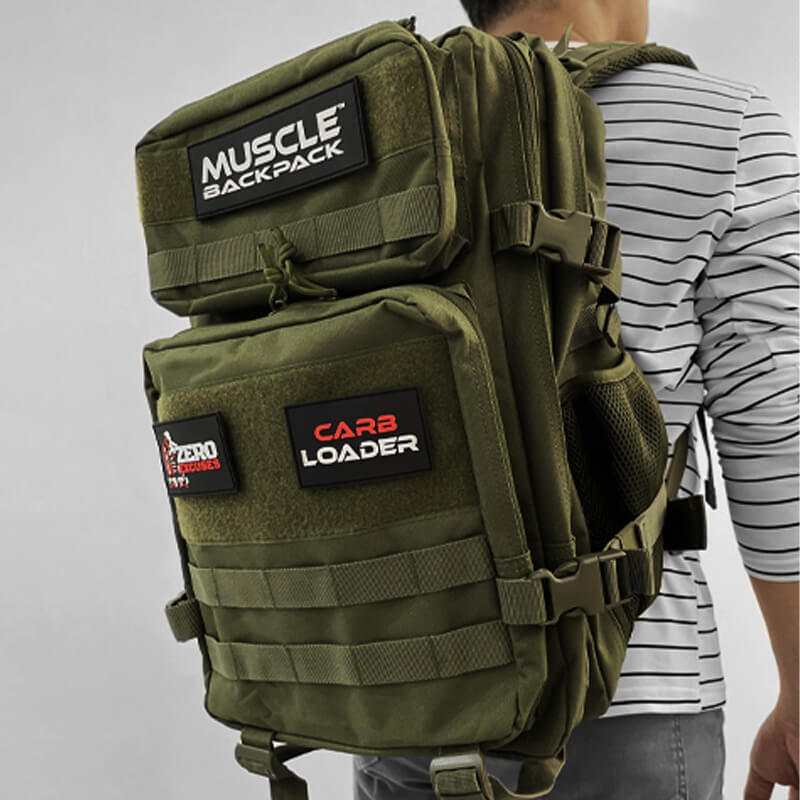
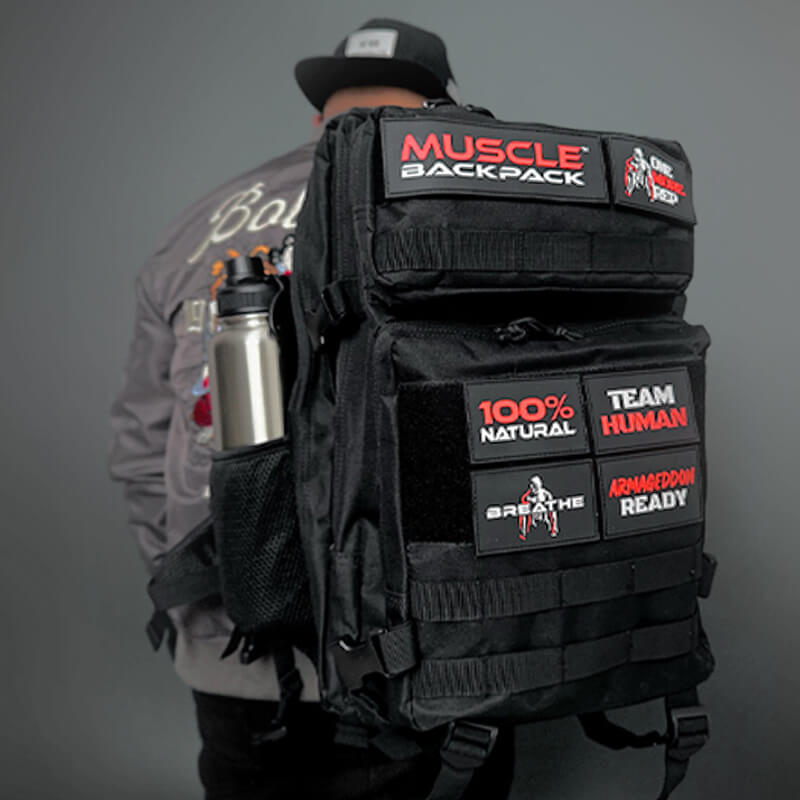
Nutrition
Eating a balanced diet is crucial for maintaining energy levels and overall health.
Importance of Balanced Diet: Ensure your diet includes a good mix of proteins, carbohydrates, and fats. Proteins are vital for muscle repair and growth, carbs provide the energy needed for long hikes, and healthy fats help in absorbing vitamins and keeping you satiated.
Easy-to-Carry Nutritious Foods: Pack lightweight, nutritious snacks such as nuts, dried fruits, and protein bars. These foods are not only easy to carry but also provide a quick energy boost and essential nutrients.
Hydration Tips: Staying hydrated is crucial, especially when trekking in hot climates. Carry a reliable water purification method, such as a portable filter or purification tablets, to ensure you have access to safe drinking water. Don’t forget the importance of electrolytes; they help maintain fluid balance and prevent dehydration. Consider carrying electrolyte tablets or powders to add to your water.
Mental Health Tips
Maintaining mental health is equally important as physical health during long-term backpacking.
Importance of Rest and Sleep: A good night’s sleep is essential for recovery and overall well-being. Ensure you set up a comfortable sleeping environment by using a quality sleeping bag and sleeping pad. Try to maintain a regular sleep schedule, even while on the move.
Mindfulness Practices: Incorporate mindfulness practices such as meditation and journaling into your daily routine. Meditation can help reduce stress and improve mental clarity, while journaling allows you to reflect on your experiences and track your progress.
Staying Connected: Keep in touch with family and friends to maintain a sense of connection and support. Regular communication can alleviate feelings of loneliness and provide emotional support during challenging times.
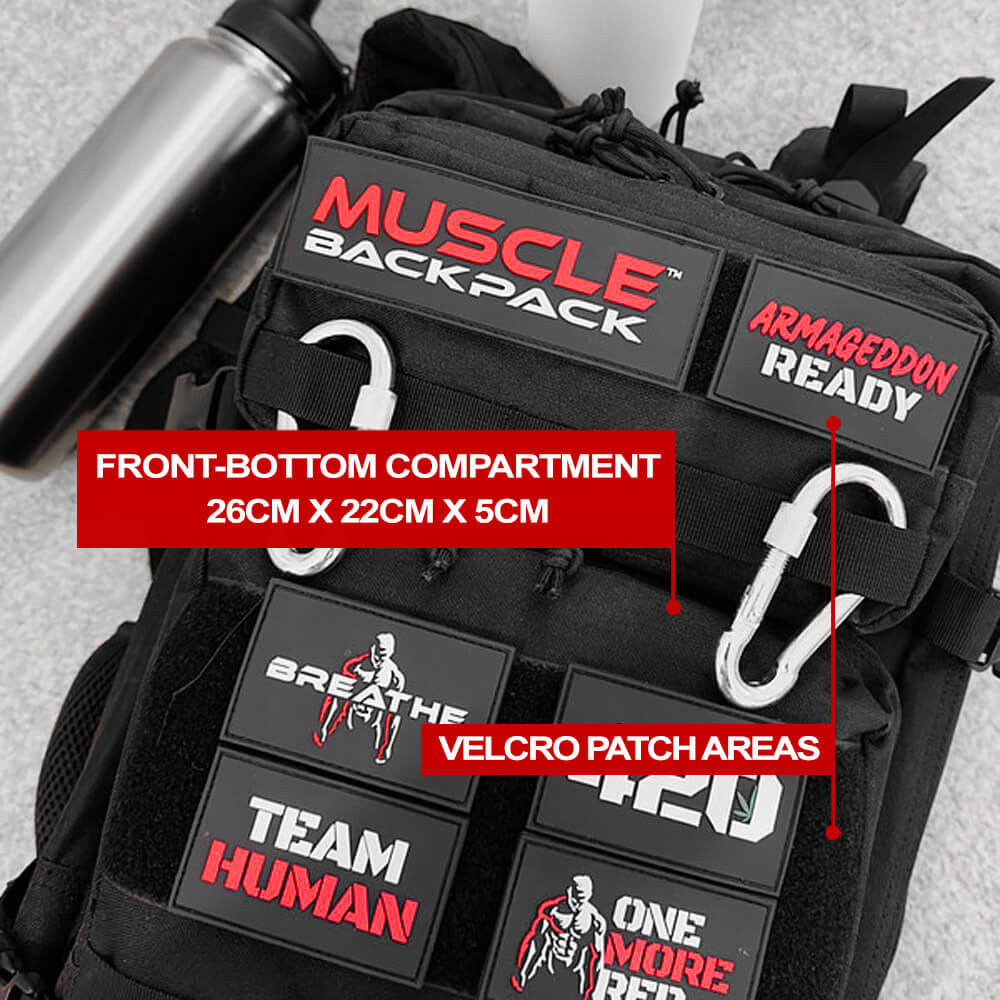
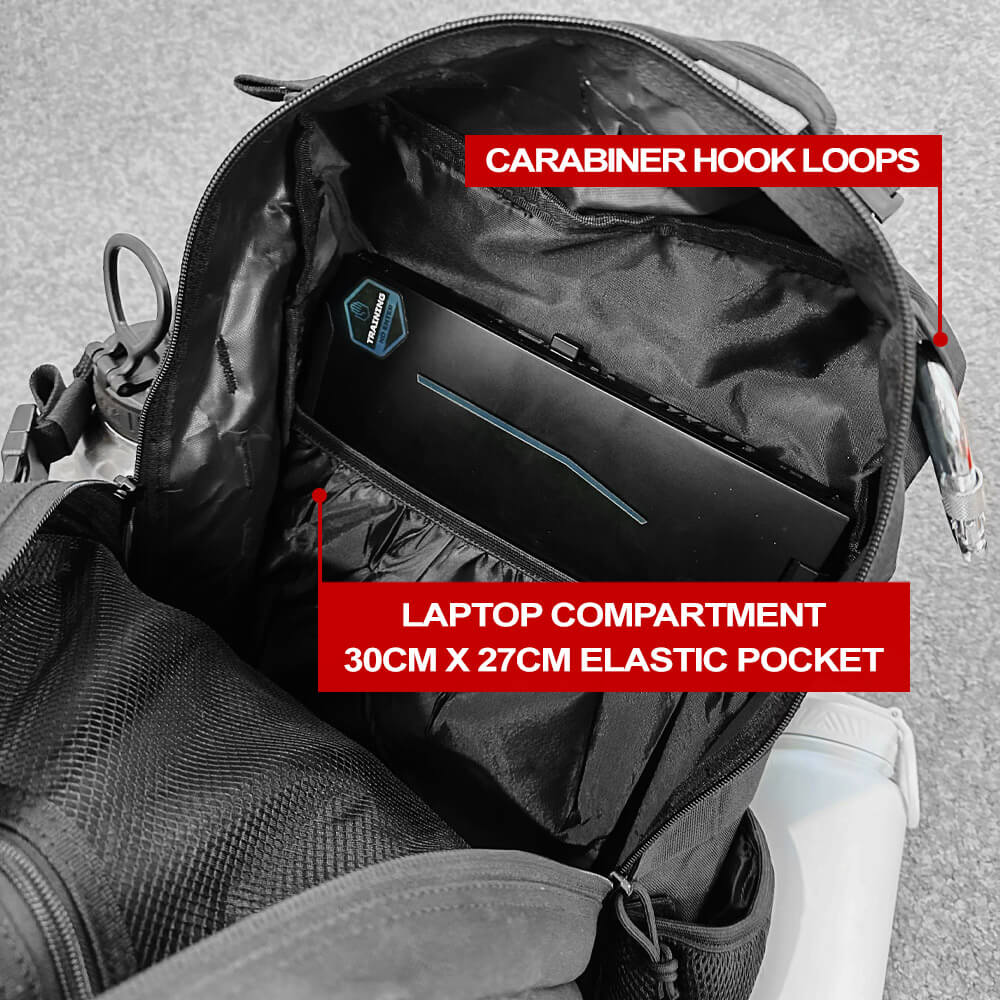
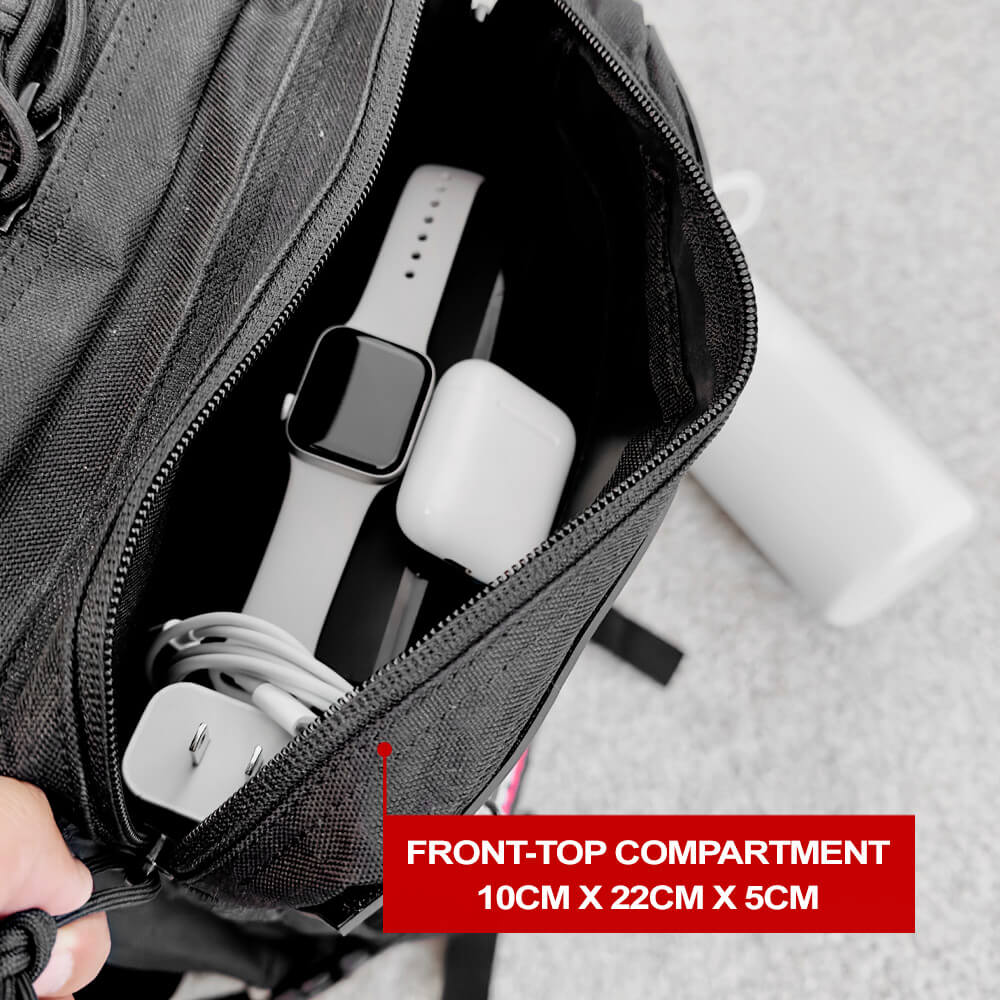
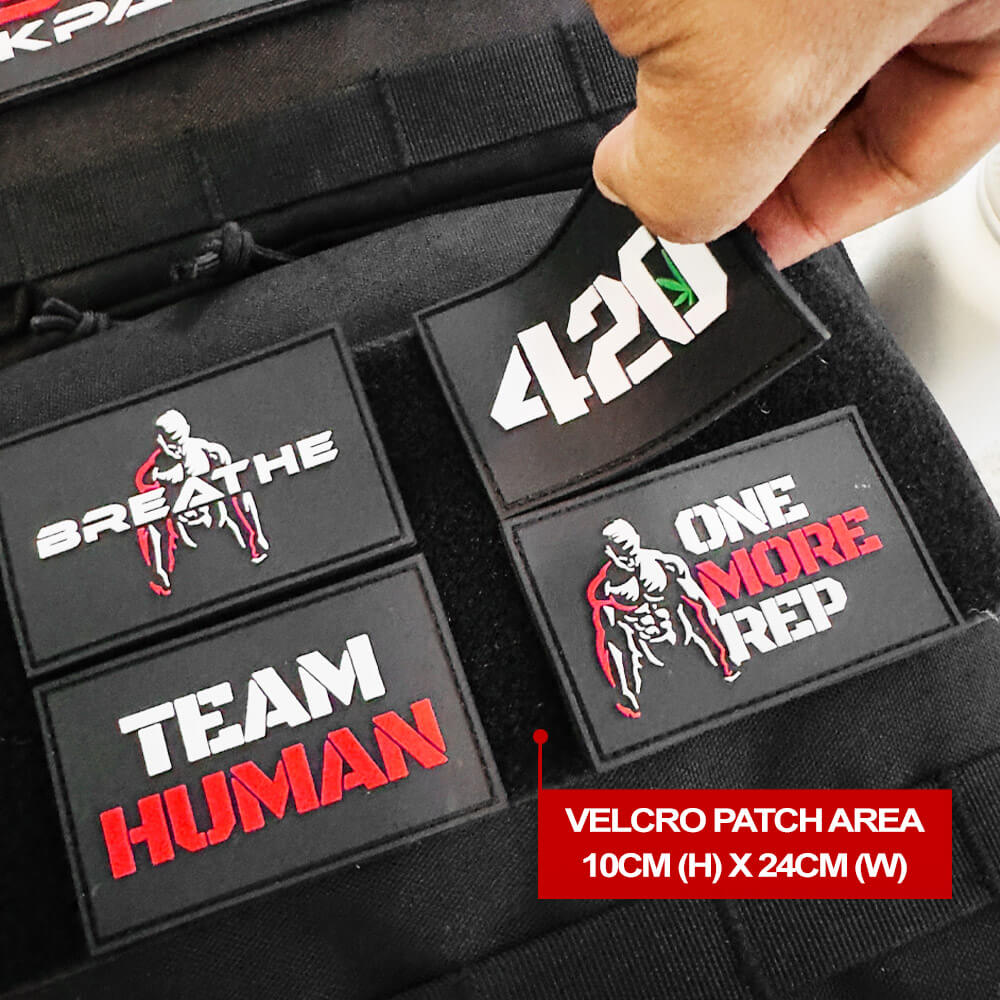
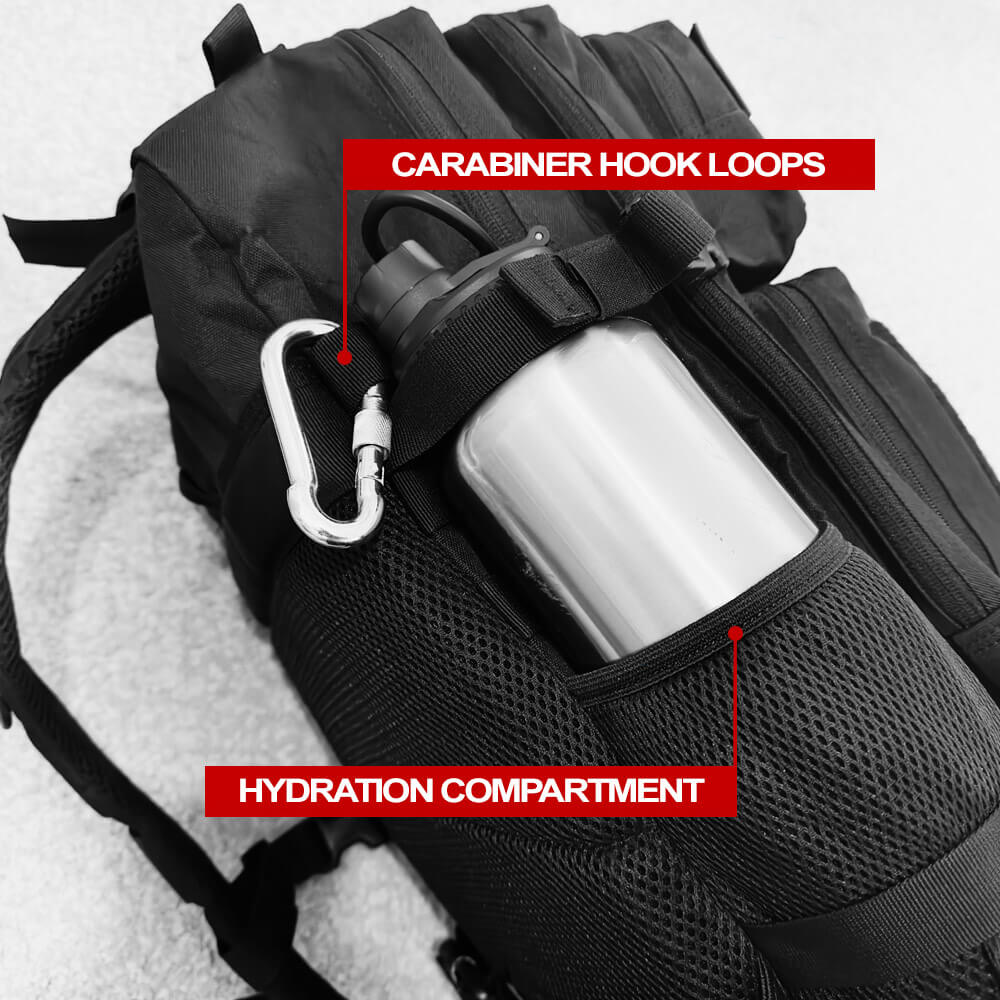

Features of Muscle Backpack
The Muscle Backpack is designed to meet the needs of long-term backpackers, offering durability, organisation, comfort, and accessibility. Here’s why it should be your go-to backpack:
Durability and Water-Resistance
Made from heavy-duty 900D polyester with a PVC base, the Muscle Backpack is built to withstand the toughest conditions. Whether you’re trekking through rain, mud, or rough terrain, this backpack is designed to keep your belongings safe and dry. Its water-resistant features ensure that your gear stays protected, no matter the weather.
Capacity and Organization
With a massive 45-litre capacity, the Muscle Backpack can accommodate all your essentials and more. It features four main zipper compartments and ten internal pockets, providing ample space for organised packing. This level of organisation allows you to easily access your gear without having to dig through your entire backpack.
Comfort and Accessibility
Long-term backpacking requires a backpack that is comfortable and easy to carry. The Muscle Backpack comes with adjustable padded shoulder straps that provide added comfort, even during long hikes. Two adjustable harness straps offer stability, ensuring the backpack stays securely in place. Durable rope pulls allow for quick and easy access to your gear, while four adjustable compression straps make the backpack more compact. Additionally, two adjustable straps at the bottom of the backpack allow you to carry extra items such as a sleeping bag or tent.
The Muscle Backpack appeals to a wide range of individuals who are passionate about outdoor adventures and value fitness and health. Here are some of the characters who may be interested in this backpack:
Outdoor Enthusiasts: Individuals who love exploring the great outdoors, whether it’s hiking, camping, or trekking. They seek a backpack that can withstand the elements and provide ample space for their gear.
Fitness Buffs: People who prioritise fitness and are looking for ways to stay active while travelling. They appreciate the versatility of the Muscle Backpack, which allows them to carry portable fitness equipment and nutritious snacks.
Long-Term Travellers: Backpackers who embark on extended journeys and need a reliable, durable, and organised backpack to carry their essentials. They value the comfort and accessibility features of the Muscle Backpack, which make long-term travel more manageable.
Weekend Warriors: Adventure seekers who enjoy weekend getaways and short trips. They need a backpack that is both sturdy and spacious enough to accommodate their gear.
Conclusion
Staying fit and healthy while in long-term backpacking is essential for making the most of your adventure. By incorporating effective workout routines, maintaining a balanced diet, staying hydrated, and practising mindfulness, you can ensure your well-being on the road. The Muscle Backpack, with its durability, water resistance, capacity, organisation, comfort, and accessibility, is the perfect companion for your journey. Whether you’re an outdoor enthusiast, fitness buff, long-term traveller, or weekend warrior, the Muscle Backpack is designed to meet your needs and support your active lifestyle. Embrace the adventure, stay fit, and enjoy every moment of your backpacking experience with the Muscle Backpack.













As Melbourne’s MUSCLE BACKPACK™ specialist, we combine exceptional design with unparalleled functionality.
Our large and durable backpacks cater to adventurers, fitness enthusiasts, and travellers, whilst adhering to overhead compartment standards for stress-free journeys.
Elevate your adventure with our MUSCLE BACKPACK™ today!
As Melbourne’s MUSCLE BACKPACK™ specialist, we combine exceptional design with unparalleled functionality.
Our large and durable backpacks cater to adventurers, fitness enthusiasts, and travellers, whilst adhering to overhead compartment standards for stress-free journeys.
Elevate your adventure with our MUSCLE BACKPACK™ today!